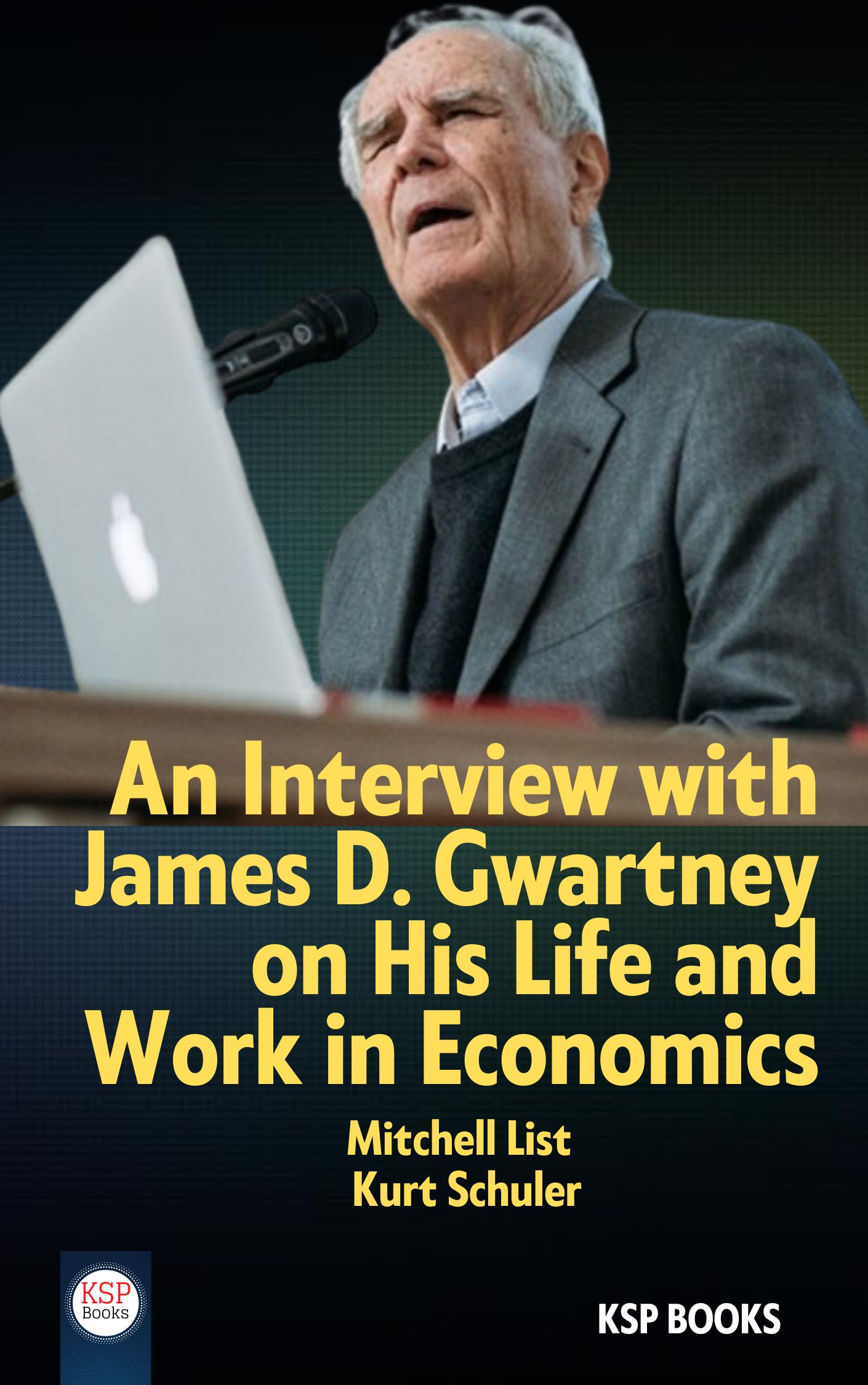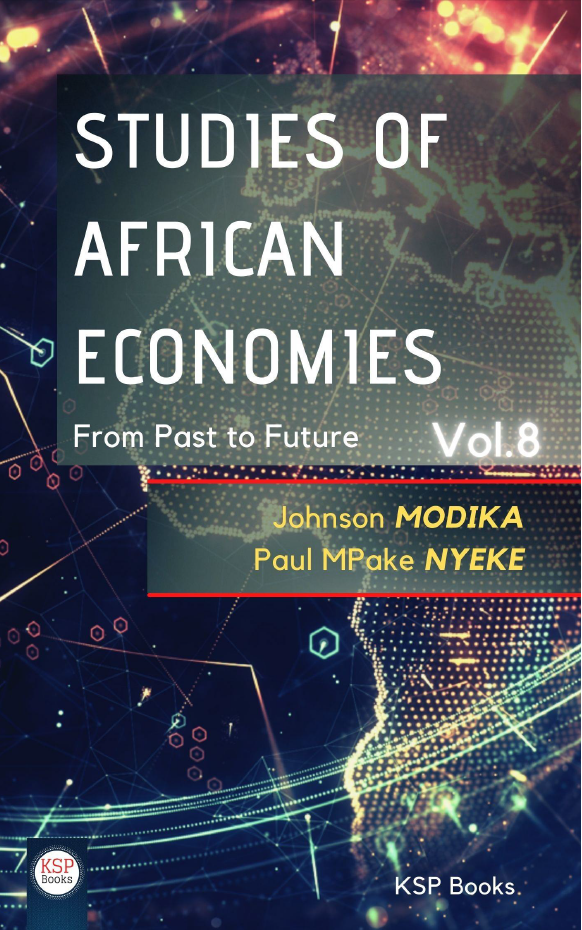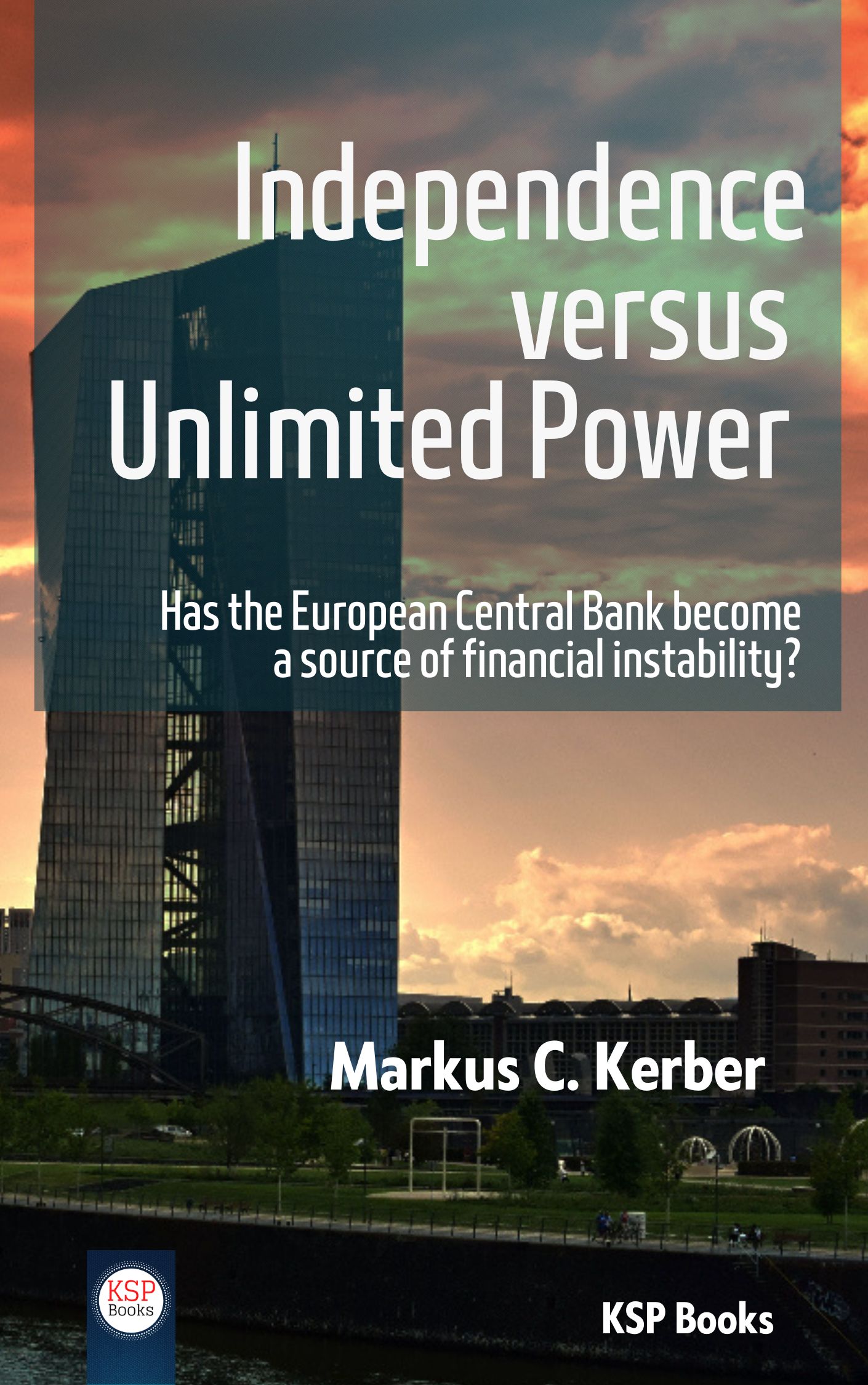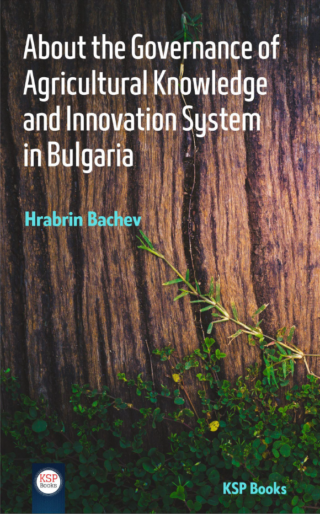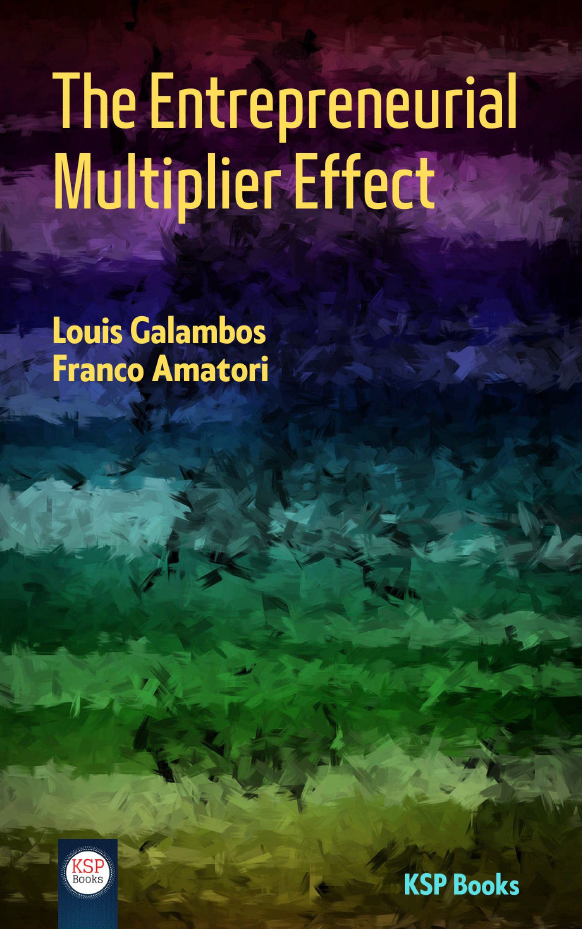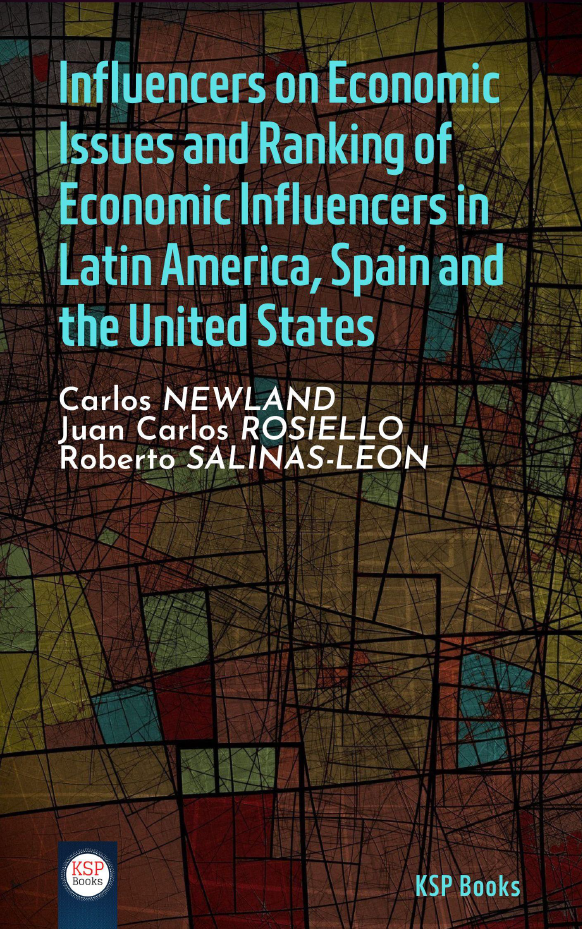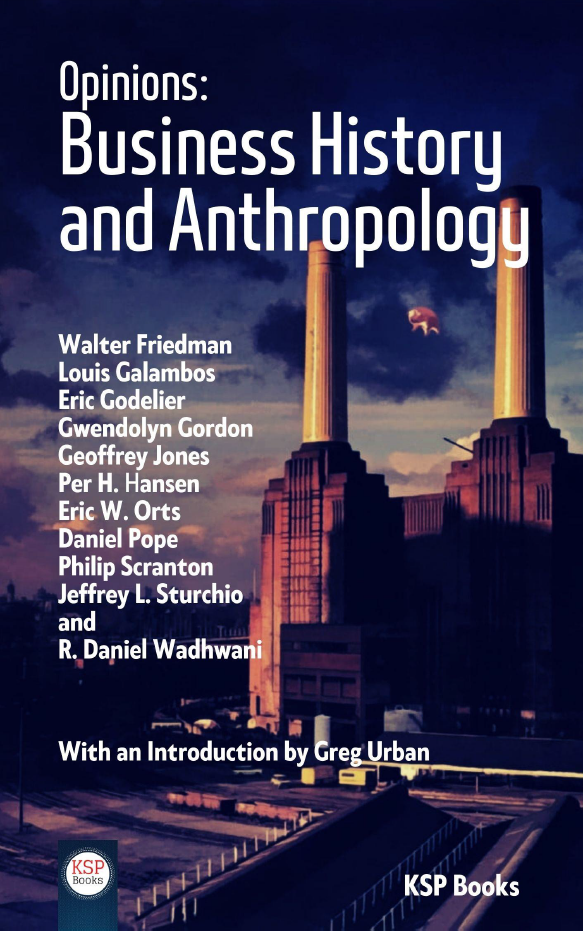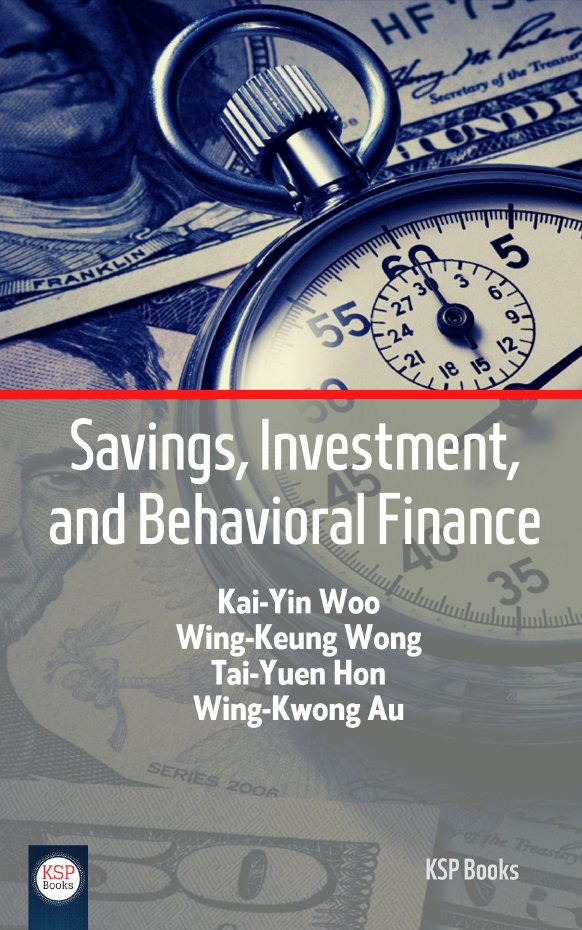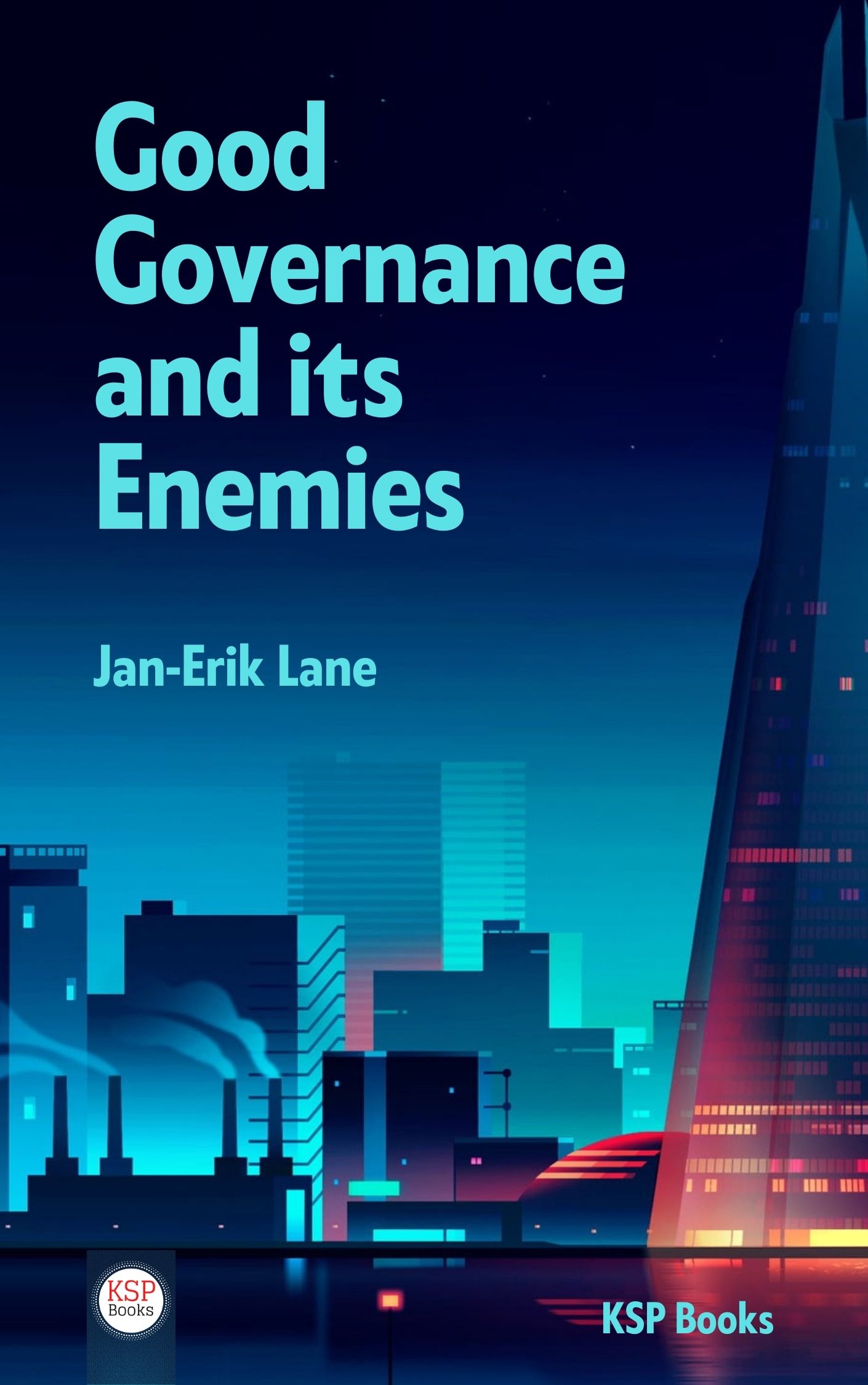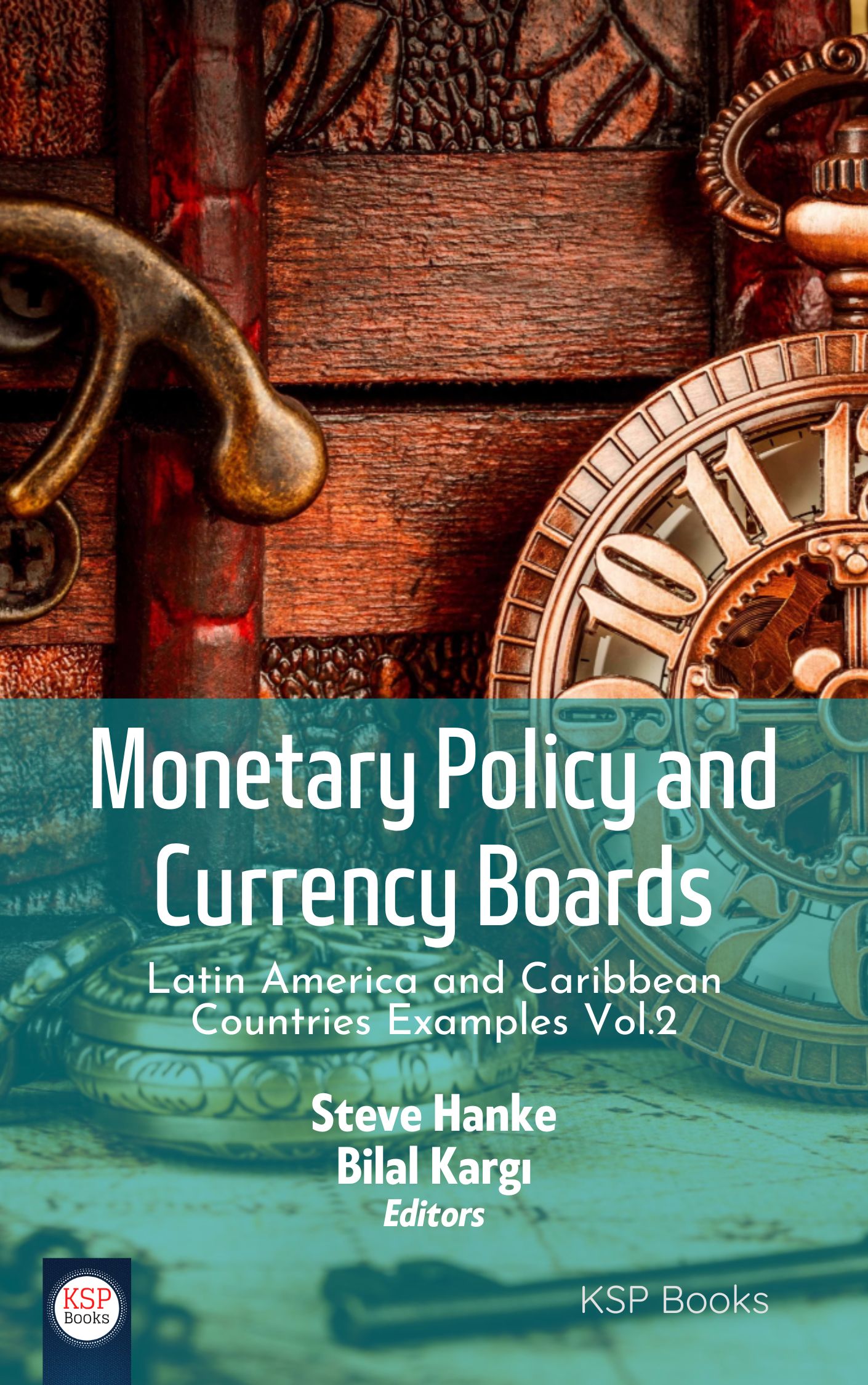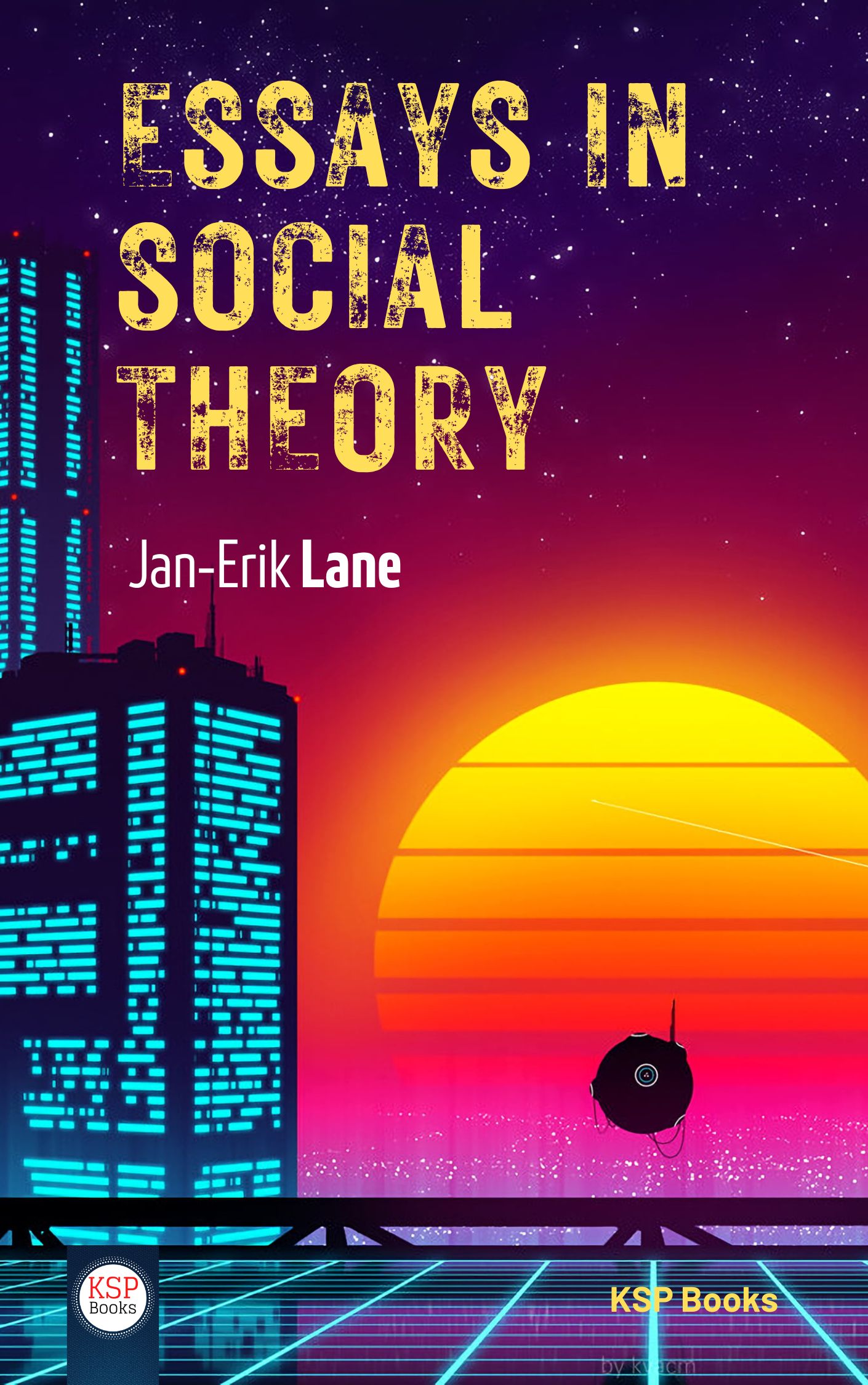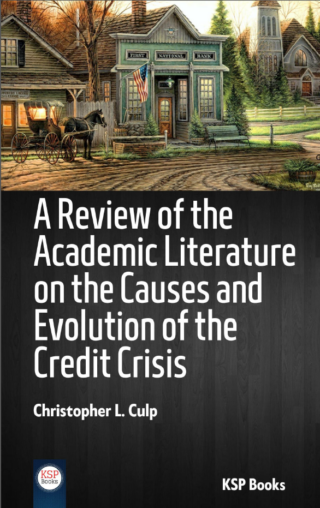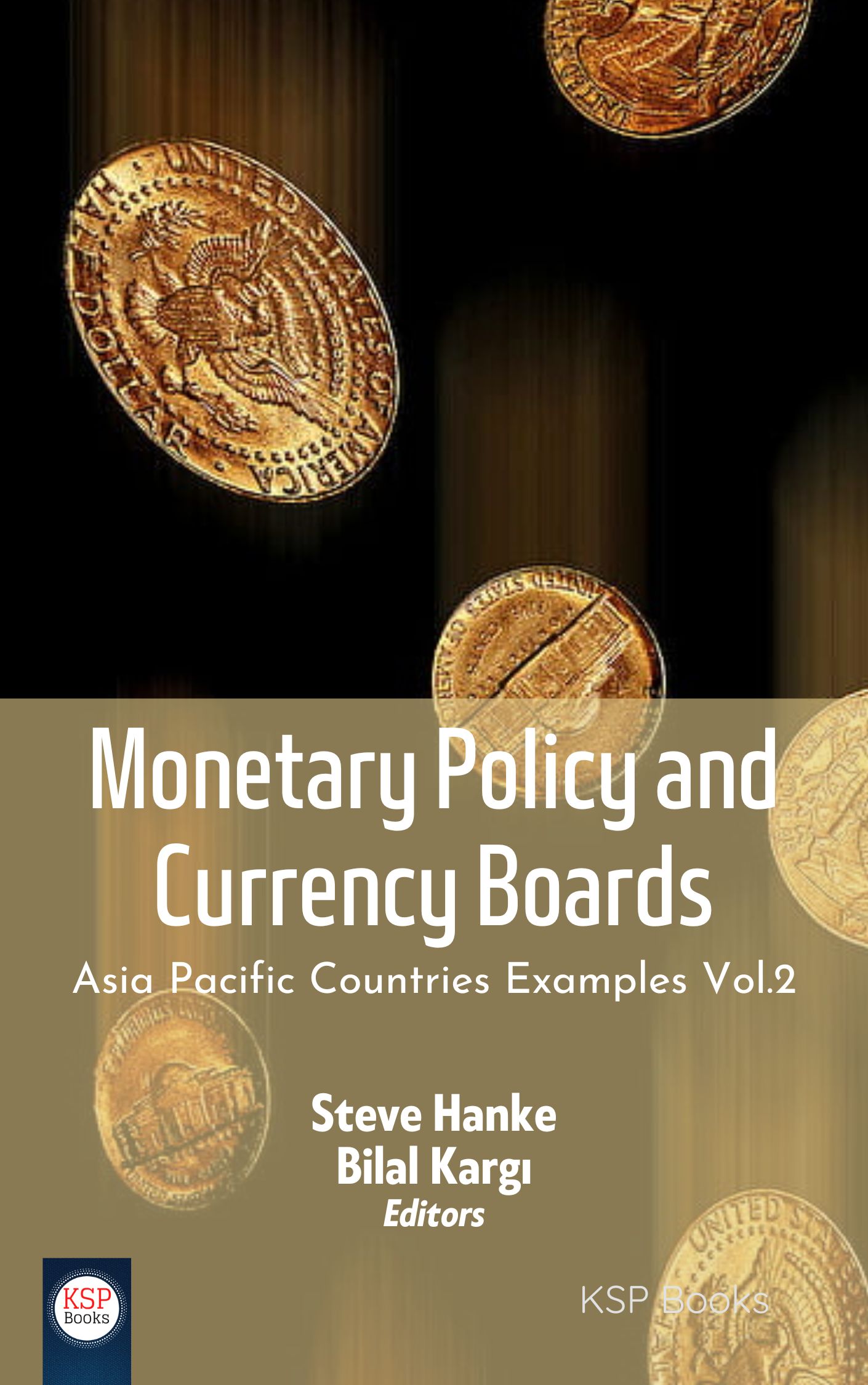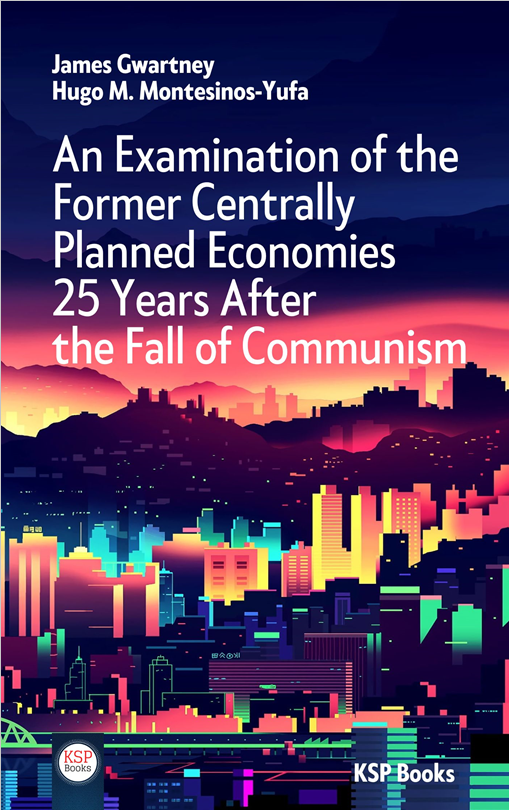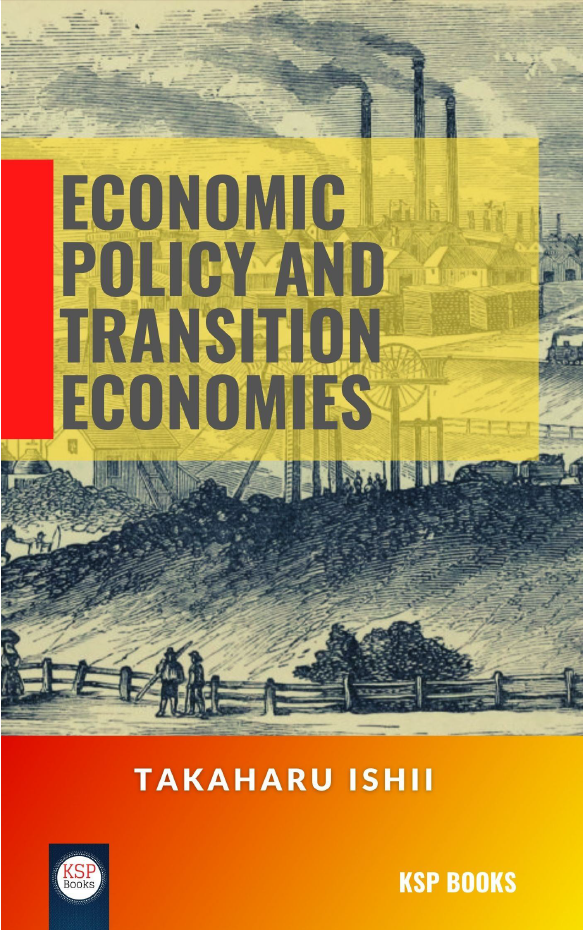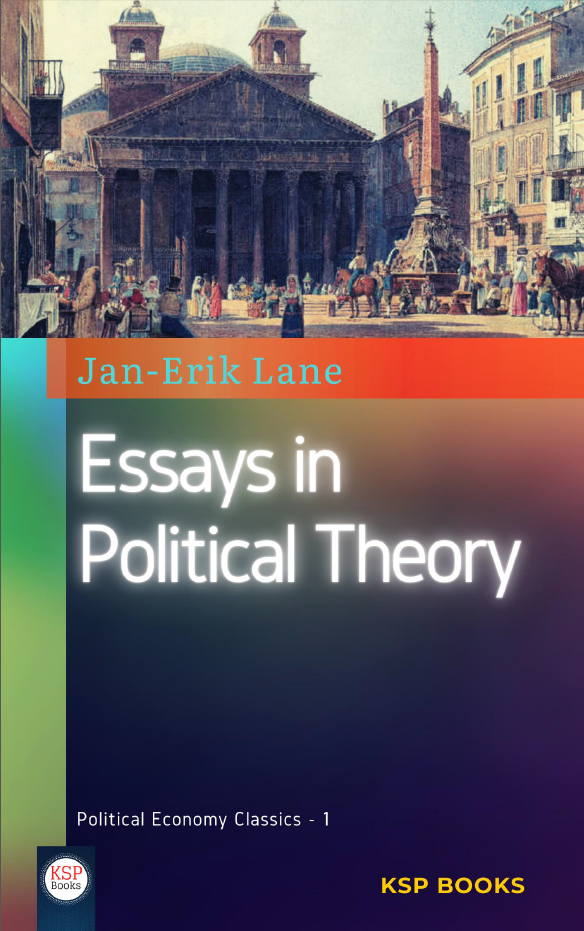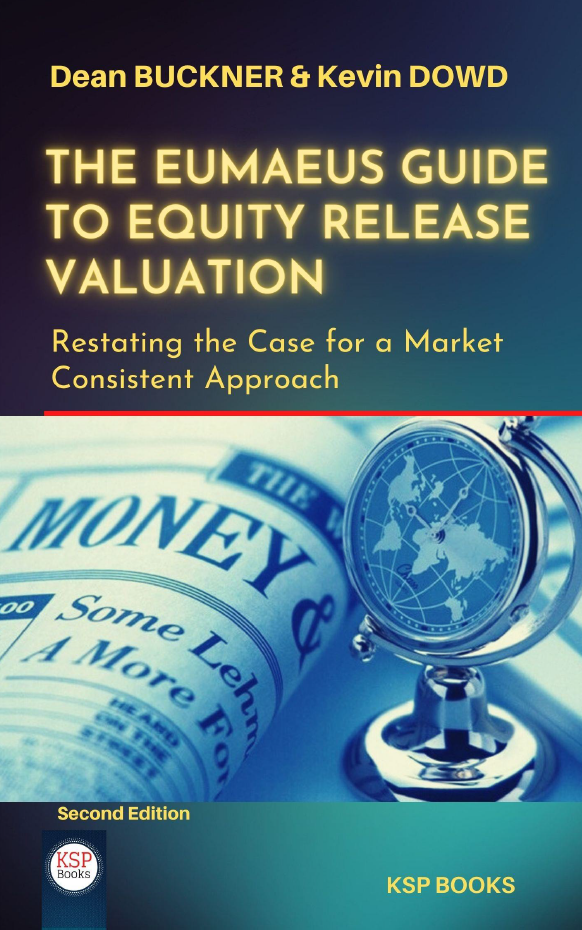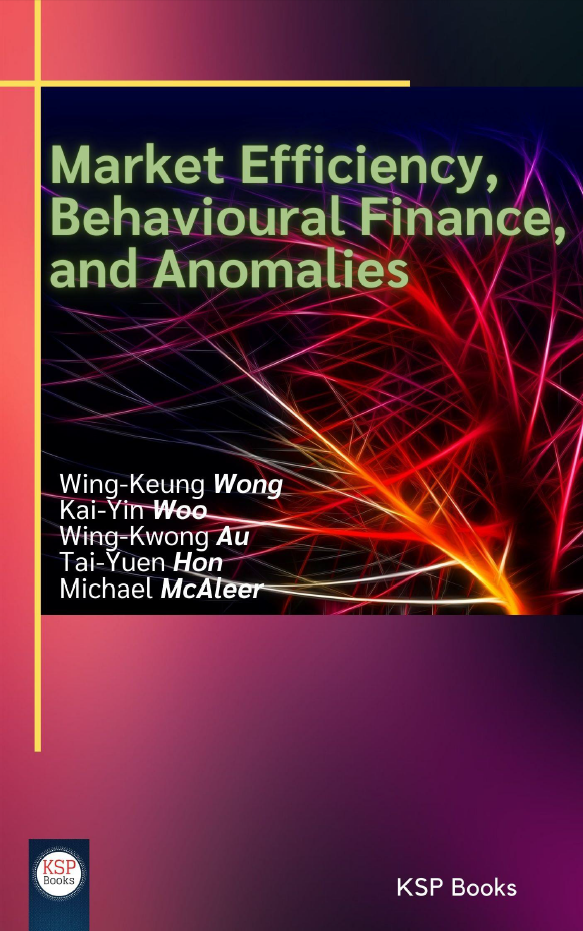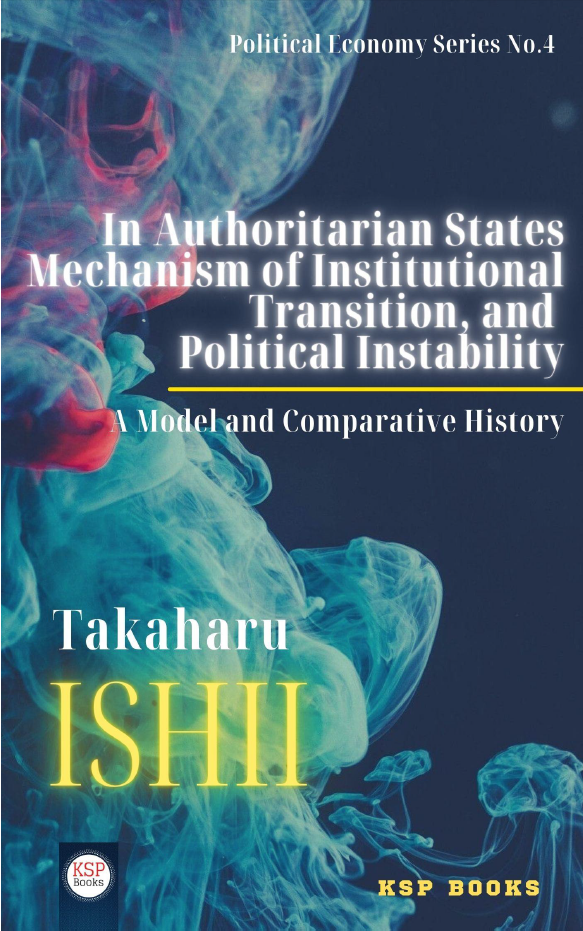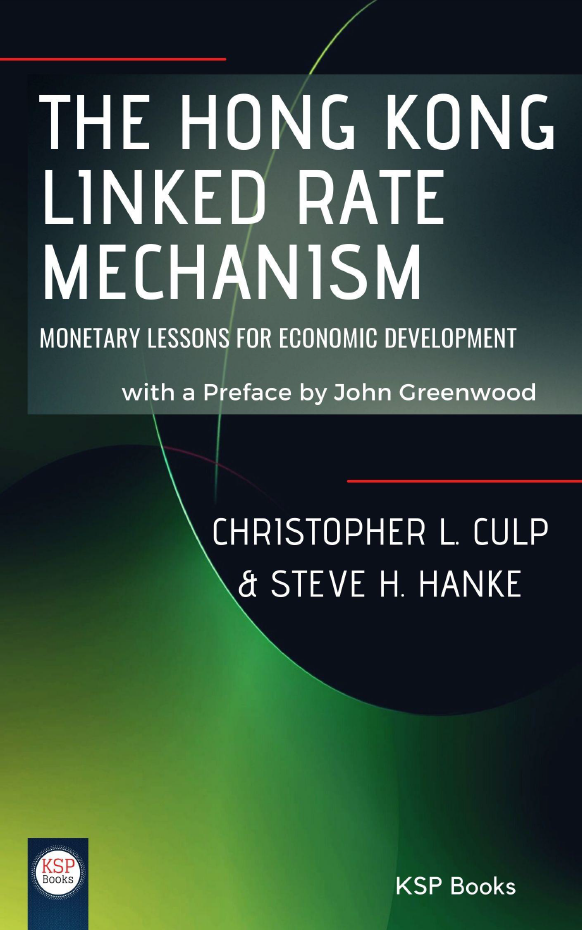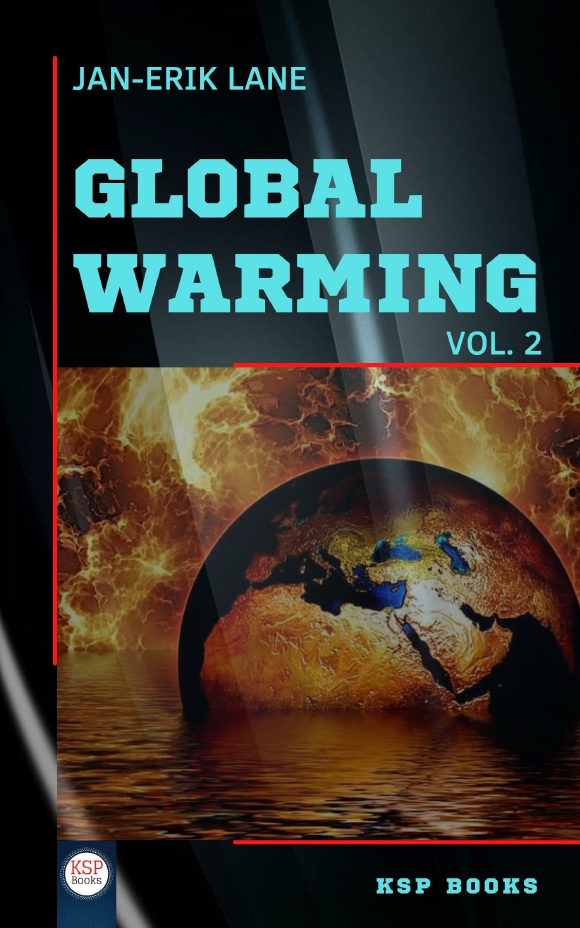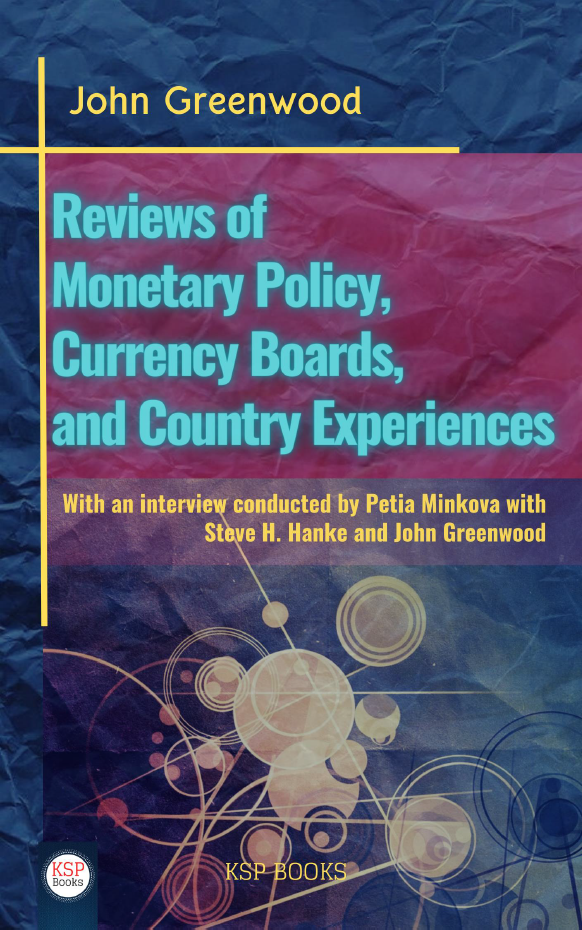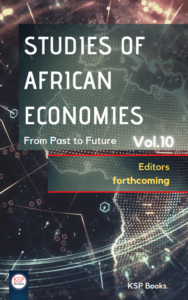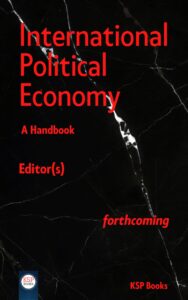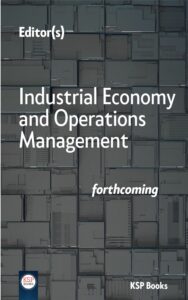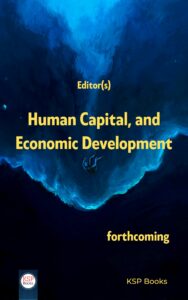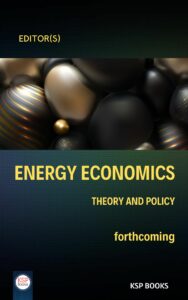By
Jan-Erik Lane
University of Geneva, Switzerland
e-ISBN: 978-625-6861-89-3
Publishing Date: January 8, 2024
File Size: 2,642 MB
Length: xiv + 114 pages (PDF)
Language: English
Dimensions: 13,5 x 21,5 cm
 This Book is completely open access. You can freely read, download and share with everyone.
This Book is completely open access. You can freely read, download and share with everyone. 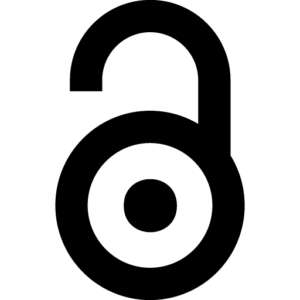
This book consists of 6 chapters on Social Theory. It is possible to briefly summarize the content of these chapters.
The neo-institutionalisr theory on the management of common pool resources by states in erms of international regimes is based on dubious a.ssumptions about sues as players. If one starts from alternaiive assumptions about interaciion between asymmetrical players and the advantages of opportunistic behaviour, then it is easier to account for !he collective action difficulties in a regime such as the Helsinki Commission (IIELCONI), which handles the environmental problems in the Baltic Sea region.
What drives a politician? The standard answer in political philosophy is Hobbes’ power, strongly supported by Max Weber. However, the emergence of the Putin regime in Russia forces us to theorize the role of economic motivation as looting. We find it in all dictatorships, e.g., Burma. The giant financial economy enhances the private prospects of looting, especially in closed societies.
The Ukraine war makes the philosophy of warfare highly relevant. But the philosophers of war are few in numbers despite the numerous war mankind has experienced. The Ukraine warfare is not rational in terms of Clausewitz’ concepts of strategy and tactics.
The United Nations’ endorsed notion of good government or governance can be analysed in a clear fashion with the concepts of rule of law – rule of law I (legality) and rule of law II (democracy). Principal-agent modelling shows how politicians and the bureaucracy can be restrained by rule of law institutions.
Today there is a set of well-ordered countries to which many people would liķe to move. What is their advantage? Reply: they are well-ordered im the public and private sectors adhering to the Keynesian model of a mixed economy.
The wars in the Ukraine and Gaza have resulted in such enormous costs that the war approach to conflicts must be rejected. Theories of war are based on rational assumptions like with Sun Tsu and Clausewitz. Only Thucydides told the truth: cruelty, destruction and suffering. Given the destruction in Ukraine and Gaza as well as Israel, one may look into the peace literature for guidance (Balissa 2020).
Foreword
1. States and Common Pool Resources
İntroduction
The common pool of the Baltic Sea
The international regime
Institutional teleology
State actors: Capacity and interests
The exploitation of the rich by the poor
Conclusion
References
2. Looting as Vocation
Introduction
Concept of rule of law
Measurement of Rechtsstaat
Economic incentives in government
Looting at the top
Cui Bono in government?
Weber on political motivation
Root of looting: Agent dominance
Conclusion
References
3. Philosophy of War the Ukraine
Introduction
The theory of war
Definition of war
Outcomes of Putin’s war
The winner is NATO
Conclusion
Appendix
References
4. A Theory of Good Governance or Good Government
Introduction
The two concepts of “Rule of Law”
Good governance with the World Bank Project
Principle-agent modelling
Why rule of law: What is the basic rationale?
Thin or thick constitutionalism
Principal-agent interaction
Entry and exit in politics
Asymmetric information
Enemies of good governance: Islamic fundamentalism
Asia: China, South East Asia and the “Stans”
Conclusion
References
5. Well Orderedness in State and Society
Introduction
Rawls: TTE WSLL-ordered country
Rule of law
Most well-ordered
Dictatorship
Latin American Violenza
Kadi-justiz
Leninism
Conclusion: Politics, economics and the law
References
6. The Paradox of Warfare
Introduction
The estimates driving warfare
The paradox
Either or
The Mechanism
Conclusion
References
Jan-Erik Lane
University of Geneva, Switzerland
Born in 1946 in Gothenburg, Jan-Erik Lane was raised in Stockholm and Malmö. He finished his school education in the classics in 1965. At university og Lund and Umeå he took grades in History, Political Science, Economics and Philosophy. He has held tenured positions at Umeå University, Oslo University and Geneva University. Invited as full professor, he has taught at several universities like e.g. Singapore, Hongkong, Cape Town, Rotterdam, and Jerusalem as well as Freiburg in Breisgau.
Related EconPedia Items



